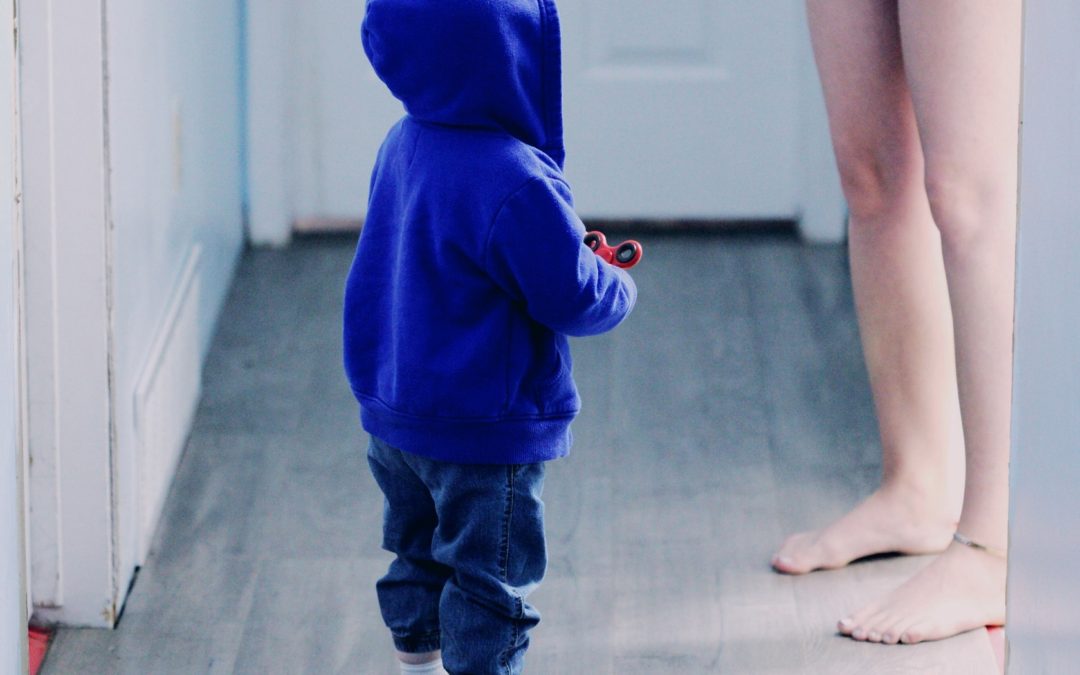By, Erick Fountain
Marketing Support, Benefit Intelligence
With so many schools and workplaces closed, many of us have found ourselves dealing with a new, often stressful, family situation. As a parent today, it may feel as if you have too many roles to fulfill and that you can’t possibly perform all of them well.
This may apply to your quality of work, upkeep of your home, or keeping your children focused on schoolwork. Combine that stress with being quarantined with the same people every day and you might feel overwhelmed at times. However, it is important to not beat yourself up as we are dealing with a unique situation that nobody alive has experienced before.
Go easy on yourself and following these tips can help you restore and maintain the balance in your family’s home.
Answer questions about the pandemic simply and honestly. If you child has questions about the pandemic, or really any subject, know that honesty is always the best policy. Talk with them about any frightening news they hear. It is OK to tell them people are getting sick, but remind them that following safety steps like wearing face coverings, hand washing, and staying at home more will help your family stay healthy.
Recognize your child’s feelings. Calmly say, for example, “I can see that you are upset because you can’t have a sleepover with your friends right now.” Guiding questions can help older children and teens work through issues. For example, “I know it is disappointing not to be able to do some of the things you did before the pandemic. What are some other ways you can have fun with your friends?”
Model how to manage feelings. Talk through how you are managing your own feelings. For example, “I am worried about Grandma since I can’t go visit her. I will put a reminder on my phone to call her in the morning and the afternoon until it is safe to see her.”
Developing skills in this area will help your child to relate better to others, manage his or her behavior, and cope with difficult situations in a healthy manner.
Be understanding. If you’re forced to quarantine as a family, your child will be disappointed at not being able to see friends or visit with other family members. Be empathetic and receptive to this. Explain to them that you understand their disappointment and that you are missing out on friendships and special occasions as well.
Keep in touch with loved ones and friends. Children may worry about a grandparent who lives alone or a relative or friend with an increased risk of getting COVID-19. When safe, physically distanced visits aren’t possible, video chats or phone calls can help ease their anxiety. Arranging virtual play dates on Zoom or Skype can help them stay connected with their friends.
Stay hopeful. Tell them that scientists are working hard to figure out how to help people who get sick, how to prevent other people from getting sick, and that things will get better.
Give extra hugs and say “I love you” more often. Your child will appreciate the extra hugs and kisses.
Join forces with other parents. Reach out safely or via phone, email, or social media to exchange tips for keeping kids focused and engaged.
Depending on the restrictions in your area, you may want to organize a virtual activity or study group. Collaborating with other parents may help you feel less isolated as well.
Redirect them to another activity such as playing outside or reading a book if your child is misbehaving. As a parent, you can sometimes tell when your child is beginning to get restless. Take the opportunity to distract them with an interesting task or a fun game and you can curtail bad behavior before it starts.
Know when not to respond. Doing nothing is sometimes the best response for bad behavior. Ignoring bad behavior can be an extremely effective tool when trying to get your child to stop doing something. When a young child is looking for attention, not giving it to them can make them realize that they should either stop or find a more respectful way of finding attention.
Reward good behaviors even menial tasks such as doing well on a school assignment, making their bed, taking out the trash, or getting along with their siblings. In normal circumstances, you might not reward this kind of behavior, but during this stressful time, nothing positive should go unrecognized. Directing your attention to reinforce good behaviors while discouraging others is a powerful tool.
Notice good behaviors and point it out, praising success and good tries. Explaining and setting clear expectations, particularly with older children, will help with this.
Take care of yourself! Caregivers should also take care of themselves by eating healthy, exercising, and getting enough sleep. Find ways to decompress and take breaks. If more than one parent is home, take turns watching the children if possible.
Being a parent isn’t easy, especially when trying to tiptoe around a virus for a year. On the bright side, we can see the light at the end of the tunnel with 42.5% of the U.S. population having at least one dose of vaccine as of today, and a decrease in the daily number of cases and deaths. However, this does not mean the virus is gone and eradicated, it is important that we continue to wear masks, wash our hands, and practice social distancing.
Giving our kids hope is just as important. Let them know that lockdowns don’t last forever and that they are saving lives when they wear a mask and wash their hands.

